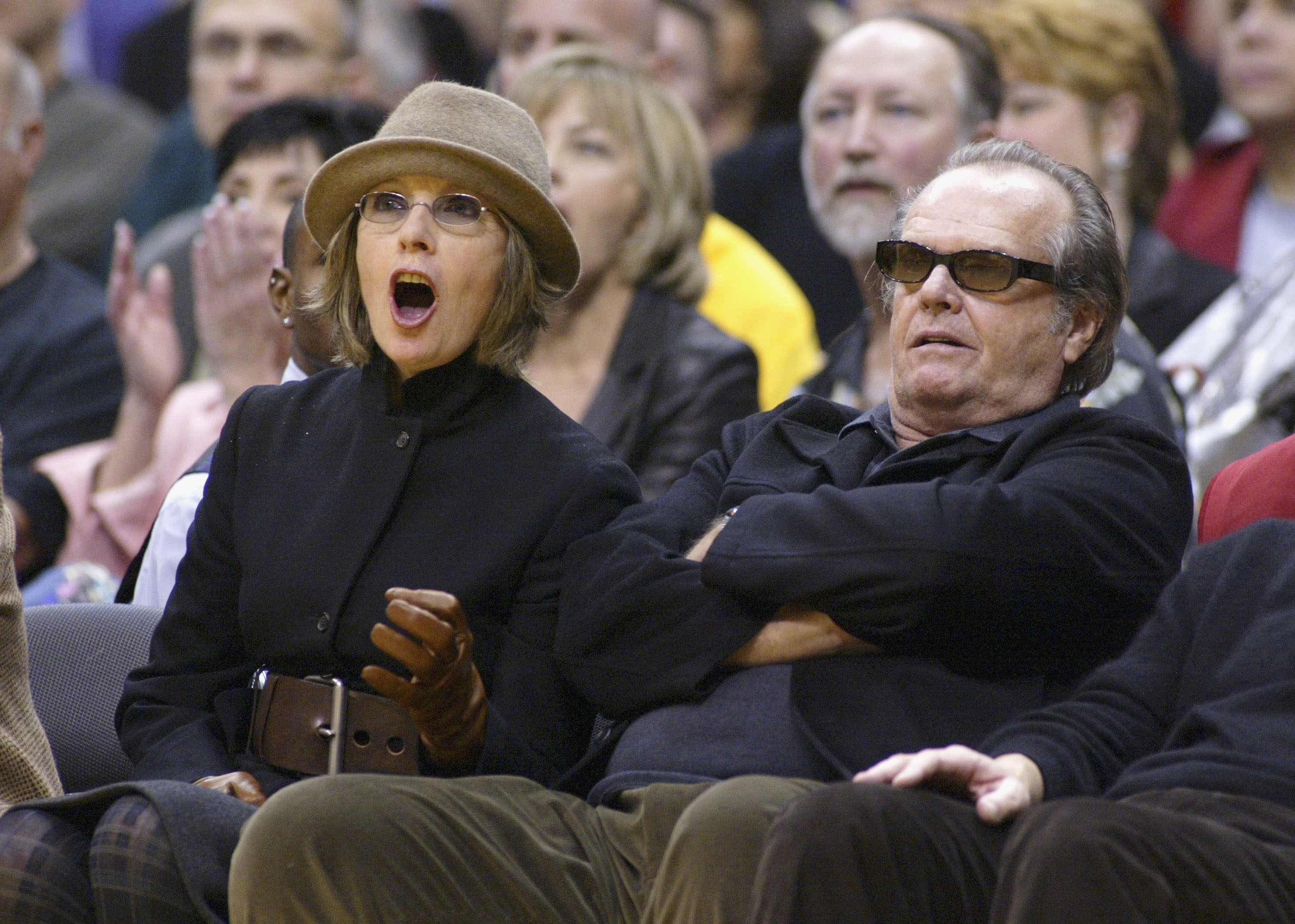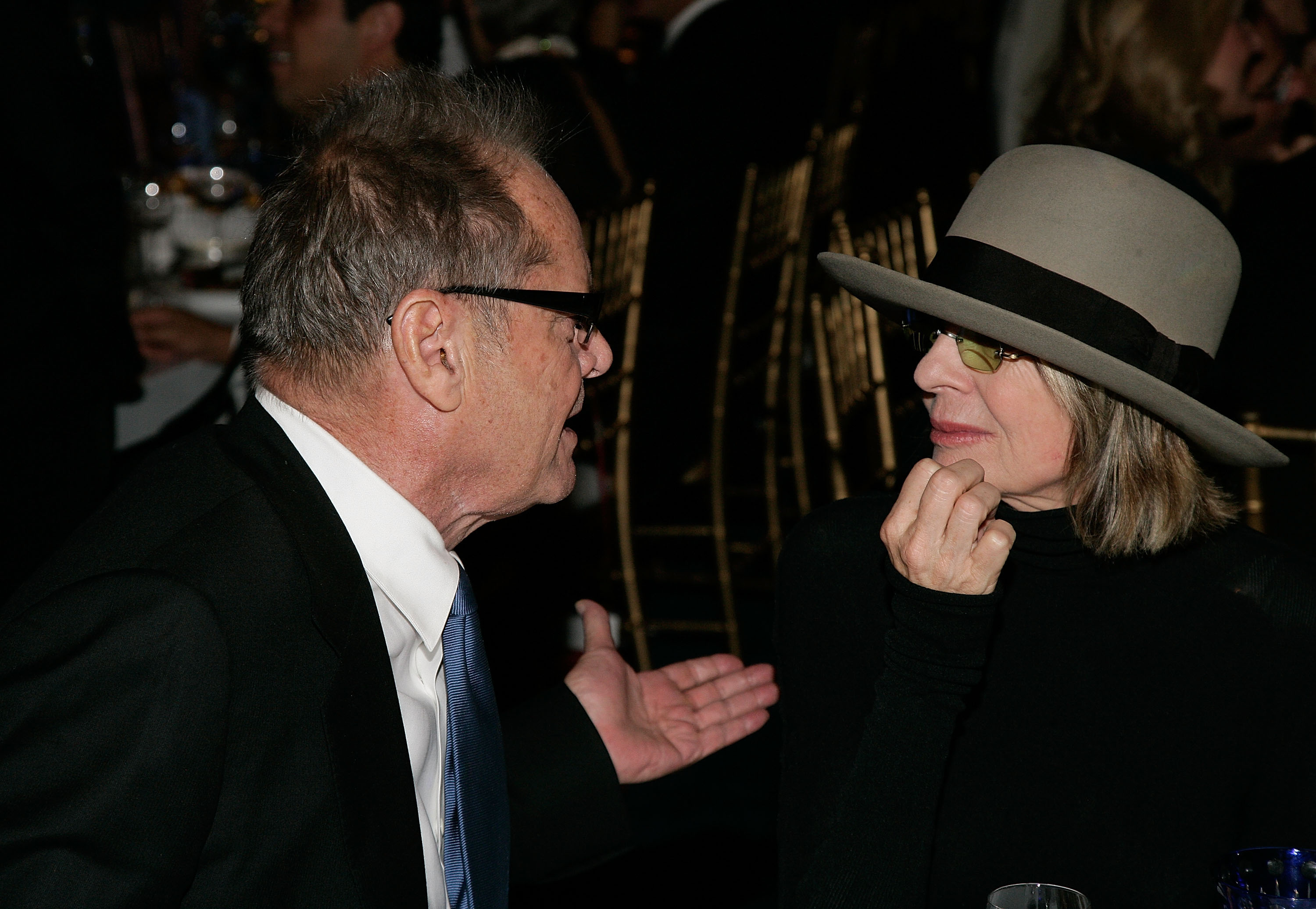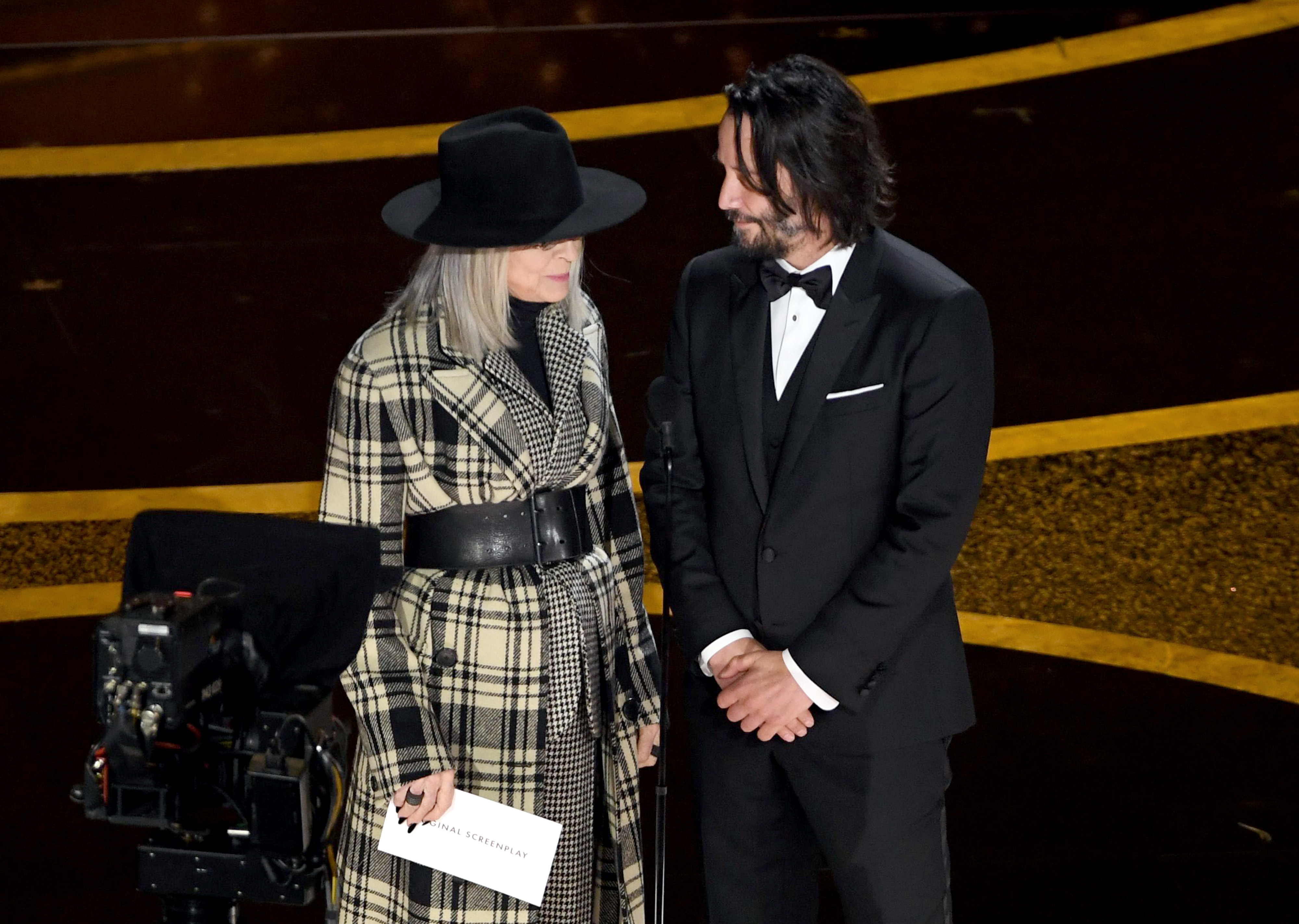
I remember the day she left. Or, what I was told was the day she left. The official story, whispered by my aunts in hushed tones, reinforced by my dad’s grim silence, was that she simply… went. Vanished. One morning, the air in our house felt thinner, colder. Her scent gone from her pillow, her side of the bed neatly made, as if she’d never been there at all. I was six. I understood absence, but not abandonment. Not truly.
My childhood was a landscape painted in shades of longing. Every birthday wish, every fallen eyelash, every coin tossed into a fountain – it was always for her. For her to come back. My dad was a good man, steady, hardworking, but his grief was a wall around him. And around me. He never spoke of her, not really. Only through the hazy filter of old photographs, where her smile was always bright, her eyes full of a warmth I desperately craved. She looks so happy there. What happened to that happiness?
I grew up idealizing her. Building a myth of the perfect mother who, for reasons I couldn’t comprehend, was just… absent. Like a beautiful, tragic queen lost to a faraway land. I clung to every faded memory: the smell of her perfume, the lullabies she sang, the way her hair felt when she hugged me. They were scraps, but they were mine.

Diane Keaton and Warren Beatty attend the game between the Los Angeles Lakers and the San Antonio Spurs on November 28, 2003
Then, one Tuesday, twenty years after the silence began, the phone rang. It wasn’t a call I was expecting. It wasn’t a call I even knew I could expect. My dad answered it in the kitchen. I was in the living room, reading. I heard a choked sound, a gasp, then his voice, rough and disbelieving, “She’s… she’s coming home.”
My heart STOPPED. My blood ran cold, then surged through me like a tidal wave. It can’t be. After all this time? My perfect, mythical mother was real. She was returning. The world tilted on its axis. The joy was so pure, so overwhelming, it hurt. I cried for hours, a release of two decades of pent-up sorrow and hope.
The day she arrived, I stood on the porch, my palms sweating, my knees weak. A taxi pulled up. The door opened. And there she was.
She was older, of course. Lines etched around her eyes, a silver streak in her once vibrant hair. But it was her. My mother. She looked at me, and I saw a flicker of recognition, a hesitant smile. But her eyes… they weren’t the bright, warm eyes from the photographs. They were distant. Wary. Like a wild animal caught in a trap, suddenly released, unsure of freedom.
The reunion was… awkward. Stilted. I threw my arms around her, holding her so tight I thought I’d break her. She patted my back, softly, almost automatically. Her embrace didn’t feel like home. It felt… unfamiliar. My dad, meanwhile, hovered. He was almost manic, rushing to make tea, talking too loudly, too much. He’s trying too hard. Why is he trying so hard?
Life with her returned was strange. She was quiet. Very quiet. She’d sit for hours, staring out the window, a small, sad smile playing on her lips. She barely spoke of the past, brushing off my eager questions with a vague “Oh, it was a long time ago.” My dad would always jump in, diverting the conversation, insisting she needed “time to adjust.” He acted like a guard, not a husband.
I tried to connect. I showed her old photo albums, pointing out pictures of us, hoping to spark a memory. She’d look at them, sometimes with a faint nod, but there was no emotional connection. No spark of recognition in her eyes that matched the joy in mine. “Do you remember this picnic, Mom? You braided flowers into my hair.” She’d just hum softly. Did she really forget? How could she forget?

Jack Nicholson and Diane Keaton attend the Los Angeles Philharmonic Gala on October 4, 2007 | Source: Getty Images
One afternoon, I found a box of old trinkets my dad kept hidden in the attic. Little things she used to own. A seashell from a beach trip, a small, engraved locket. I took them to her, hoping they would stir something. Her fingers traced the locket, then she squeezed her eyes shut. A low moan escaped her lips. My dad, hearing it from downstairs, was up in a flash, snatching the locket from her hand, his face a mask of panic. “Leave her alone!” he hissed at me, his eyes wide with a rage I’d never seen directed at me. “She needs rest!”
That’s when the doubt became a gnawing certainty. Something was terribly wrong. This wasn’t a mother who had just ‘left’. This was someone broken. And my father’s frantic control, his sudden outbursts, his insistence on a fabricated narrative – it all clicked.
One night, unable to sleep, I crept downstairs. The light was on in my dad’s study. The door was ajar. I heard voices. My dad’s, low and urgent. And another, a woman’s, but not my mother’s. I froze. Who was he talking to?
I edged closer, peering through the crack. He was on the phone. “No, she’s not… she’s not fully remembering yet. I told you, the dosage… It needs more time. Just tell them I’m following the plan. She’s home, she’s ‘returned’ to her family. The story holds.” He ran a hand through his hair, agitated. “Just make sure there are no more ‘incidents.’ This whole thing was expensive enough.”
My blood ran cold. Dosage? Incidents? Story? My mind raced, trying to put the pieces together. The distant eyes. The memory lapses. Her quiet, almost submissive demeanor.
I needed proof. I searched my dad’s study the next day, heart pounding like a drum. Tucked away in a locked drawer, beneath old bills, I found it. A stack of official-looking papers. Psychiatric evaluations. Transfer orders. Hospital discharge forms. And a photo, clipped to the front page. A photo of my mother, twenty years younger, but her eyes already held that haunted, distant look.
The date on the first admission form. It was the exact day I was told she “left.”
I dropped the papers. My hands trembled so violently I could barely hold them. She didn’t leave. SHE DIDN’T LEAVE ME.

Diane Keaton and Keanu Reeves speak onstage during the 92nd Annual Academy Awards on February 9, 2020 | Source: Getty Images
He put her there. My father. The man who raised me, who comforted me, who mourned her ‘absence’ with me. He committed her. He had her institutionalized. For what? The papers vaguely mentioned “delusions,” “emotional instability,” “unfit for care.” But was it true? Or was it his truth?
Her “return” wasn’t a miraculous comeback. It was a release. A carefully managed integration, probably mandated by some court or doctor, after two decades of her being locked away. Her blankness, her quietness – it wasn’t a result of abandonment; it was the residue of confinement, of medication, of a life stolen.
I stared at her across the dinner table that night. She picked at her food, a ghost at her own table. And my father, with his forced smile, pretending this was a happy reunion. He didn’t miss her. He hid her. He made me believe I was abandoned, when all along, he was the one who took her from me. My entire childhood was a lie, built on the suffering of my own mother, orchestrated by the man I trusted most. And the most heartbreaking twist of all? She might never fully remember the life she had before him. Before he took everything from her. Before he took her from me.


